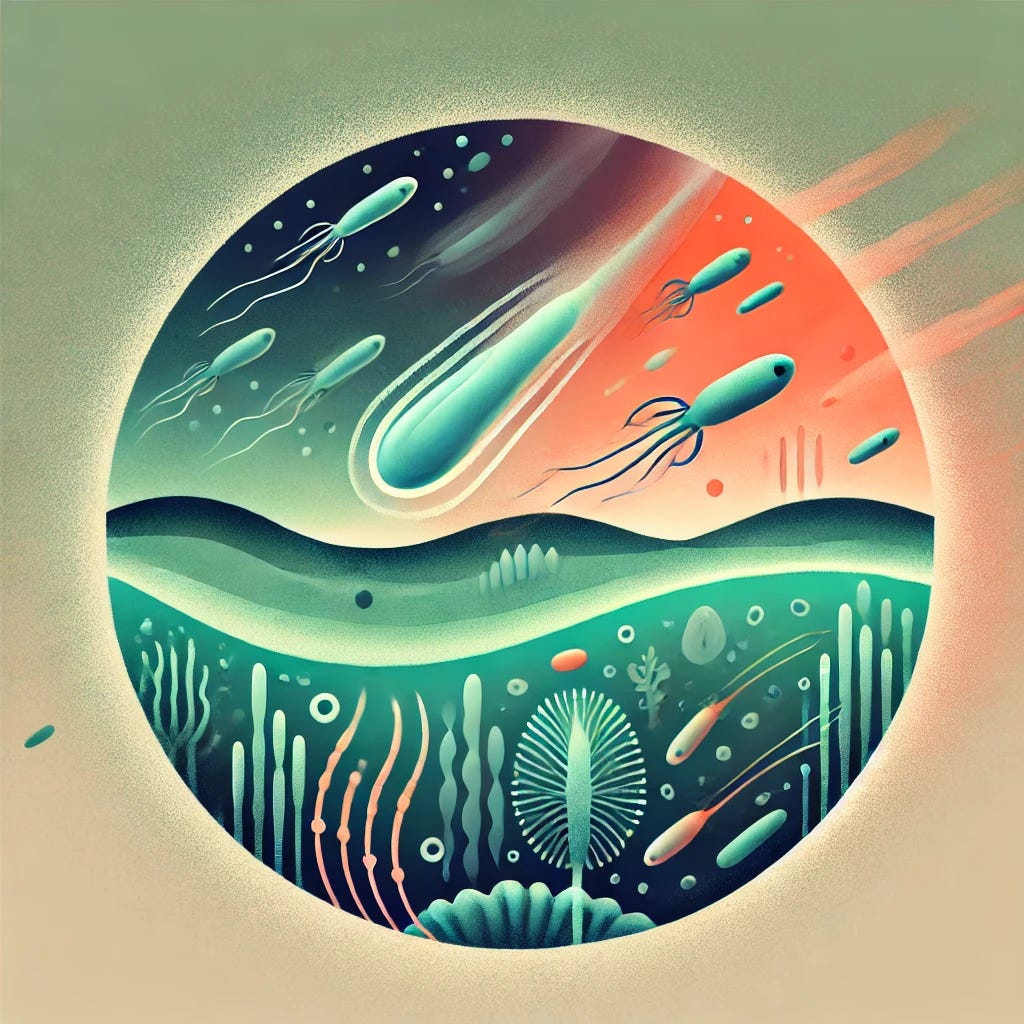Zero Dumb Games
When you think about playing a game, does your mind go straight to thinking about beating someone else at said game?
These are called zero sum games, a phrase coined by American mathematician John Nash (if you’ve seen A Beautiful Mind, you’ve seen a very Hollywood version of his story). They’re called zero sum because the total everyone can win adds up to zero.
I have to admit that, as far as naming conventions go, this is a really good one. It cuts right to the meaning: if I’m going to win, you have to lose, and vice versa.
Zero sum games are everywhere. If you play chess, there’s generally one winner and one loser (except in the case of a draw). For every hand of Texas hold ‘em poker, each person can expect to lose an identical amount to whatever another player wins, and there are no exceptions.
Team sports put this on full display every day. Baseball, football (American or international), basketball, and hockey make it clear that for one team to win, the other must lose. That’s every bit as true for individual sports, too.
Even biological evolution seems to reduce to a constant competition for resources. If one species eats something, another species can’t, and living or dying is the ultimate way to win or lose.
Zero sum games are so common that it’s tempting to imagine that the entire world runs on them, but that’s not really true. Even within some of the examples of competitive endeavors I’ve provided above, there are cooperative elements.
With team sports, you need to cooperate with your team in order to win. This is a huge reason why you’ll sometimes see all-star teams performing worse than the teams they’re supposedly the best of.
Biology, too, has plenty of examples of evolution through cooperation. Within the same species, you notice activities like hunting together in packs, working together to ensure that the newly born or hatched will grow up safely, and one animal issuing a cry of alarm so many others can get away safely.
The species who are the best at this sort of cooperation haven’t gone extinct, but instead have gone on to dominate the planet, for better or worse.
It’s not just mammals, birds, or fish, either. Bees, ants, and termites all function as one intelligent unit, sacrificing their very identity in order to do what’s best for the entire hive.
What about survival of the fittest, though? Every species is famously in conflict with every other species, right?
Well, no.
In fact, I might go so far as to suggest that we wouldn’t exist if it wasn’t for this sort of interspecies cooperation. Our gut biome is considered a part of who we are, but there are more bacteria cells inside your body than human cells.
And, outside of our bodies, the entire planet’s ecosystem has been reconfigured through an unimaginably big interspecies cooperation. I’m talking about the oxygenation of Earth, and without it, nobody alive today could breathe the air.
About 2.4 billion years ago, there was already lots of life on our planet, but the atmosphere was mostly nitrogen, carbon dioxide, and methane. Blue-green algae by now had begun to turn the Sun’s light into useful energy, using the process we call photosynthesis to convert carbon dioxide and water into sugars and oxygen.
These algae (also called cyanobacteria) were producing oxygen, but they were fragile. By way of contrast, the early eukaryotes—single-celled organisms with a nucleus—couldn’t photosynthesize, but they were much tougher, with an exterior membrane that kept potentially harmful molecules out of the cell.
One day, an early eukaryote engulfed a cyanobacteria through a process biologists call phagocytosis. Instead of digesting the cyanobacteria, a symbiotic relationship developed where the eukaryote was able to harness the photosynthesis of the cyanobacteria while also getting the benefit of a sturdier home that could absorb nutrients through something like eating.
Over time, any eukaryotes who had eaten chloroplasts were able to outcompete the others in particular environments. The little cyanobacteria living inside the eukaryotes evolved to become little organelles, which is how today’s plants and algae produce oxygen.
The interesting irony here is that more cooperation leads to better competition. That is the very dynamic of team sports that you can see clearly—a team works hard on cohesiveness and unity, cooperating and practicing as one unit in advance of an intense contest.
Also, as in the case of the eukaryote who gobbled up the cyanobacteria, sometimes competition can lead to unexpected cooperation. We’ve seen this with a lot of geopolitical rivals-cum-friends, like when the US became a staunch ally of Great Britain when both nations realized that cooperation would suit both nations better. These two nations have since shared military intelligence, a great deal of trade, and rock music.
The moral of the story is that competition and cooperation aren’t particularly simple, and (as usual) there’s plenty of nuance here. Sometimes it really does pay to compete, but there’s probably an awful lot more cooperation going on underneath the surface that we can’t always see.
We don’t see the thousands of hours on the practice field, or the times one teammate helps another show up for practice by offering to take care of their kid for the day. We take breathing for granted. But we should make no mistake: cooperation is an incredibly important component, and there are plenty of games out there that are not zero sum.




Unfortunately, there are some aspects of life where zero sum thinking is detrimental- for example, in running a business successfully at the expense of those businesses in the same sector.
This was a valuable read. I have always thought our economic system has been designed by people who subscribe to the Zero Sum principle, for them to win the rest must lose. It isn’t true, civilisation is created and maintained through cooperation.